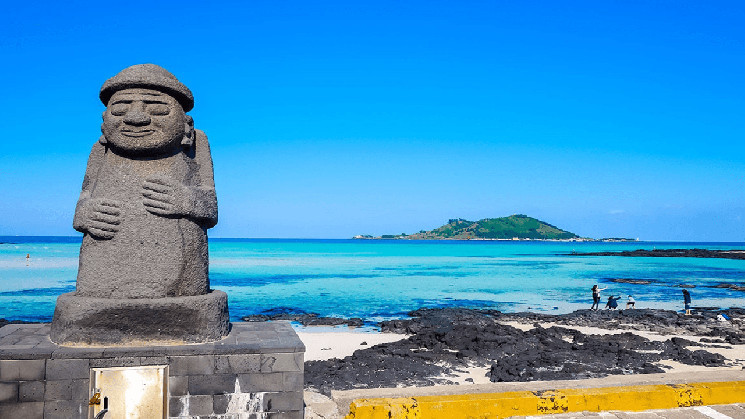Jeju Island, South Korea’s special self-governing province, plans to introduce $NFT-based digital resident tourism cards in the second half of this year.
Jeju Authorities Target Millennial and Gen Z Visitors
South Korea’s special self-governing province, Jeju Island, has announced plans to issue a non-fungible token ($NFT)-based digital resident tourism cards in the second half of this year. The tokens, which come with a number of benefits including travel subsidies and discounts, aim to entice Millenials and Generation Z travelers to visit the popular tourist destination.
According to a local report, authorities in Jeju are also targeting local holders of the cards with subsidies, membership perks, and discounts at tourist destinations on the island. In addition to its beautiful beaches, Jeju is renowned for its volcanic landscape, which includes Hallasan Mountain and lava tubes.
The province’s rich history and unique culture led to both Jeju Volcanic Island and Lava Tubes being designated as World Heritage Sites by the United Nations Educational, Scientific and Cultural Organization (UNESCO) in 2007. This along with other measures led to a boom in the number of visitors which further solidified Jeju Island’s overreliance on tourism.
However, in 2020, when the spread of the Covid-19 pandemic forced countries to close borders and shut down economies, Jeju Island’s tourism-dependent economy suffered. This reportedly prompted the local government to implement measures to support the island’s tourism industry. Although the global tourism industry has recovered from the pandemic, authorities in Jeju are continuing their efforts to boost tourism and the local economy.
As noted in the local report, Jeju authorities plan to fund travel support with the island’s currency, a move they hope will help revitalize the economy. Meanwhile, the report revealed that Jeju authorities plan to issue digital tourism resident cards immediately after the end of the trial.
 news.bitcoin.com
news.bitcoin.com
